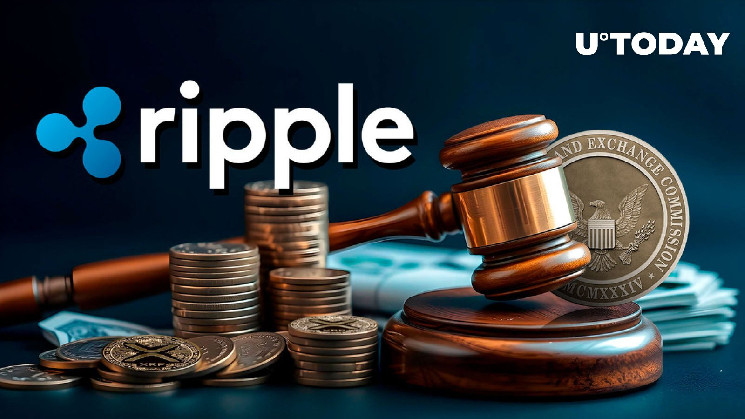In the past week, Judge Analisa Torres put an end to the Ripple-SEC lawsuit, imposing a $125 million penalty and prohibiting Ripple from breaching securities law in the future. The penalty fell short of the SEC’s $2 billion target, causing XRP to rise more than 20%.
Given that the SEC earlier tried and failed to file an appeal in the Ripple case before Judge Torres’ final judgment, speculations are building on whether the agency might likely again attempt to appeal the ruling, including the issue of secondary sales and the penalty.
In a discussion on X (formerly Twitter) regarding the Ripple case, Marc Fagel, a former SEC regional director, recently shared his perspective on what such an appeal might look like, if one happens, shedding light on the likely direction it could take.
Not exactly. The SEC won on institutional sales, which were found to violate the law; Ripple won on “programmatic” sales (i.e. sales through third-party intermediaries). It is the latter which the SEC would be appealing (but then Ripple would likely cross-appeal the former).
— Marc Fagel (@Marc_Fagel) August 14, 2024
Fagel noted that the SEC won on the issue of institutional sales, whereas Ripple secured a victory on “programmatic” sales — those conducted through third-party intermediaries — where the court ruled that these sales did not constitute an unregistered securities offering.
Fagel added that if the SEC proceeds with an appeal, it might seek to challenge the decision related to programmatic sales. Fagel’s insights also suggest that should the SEC move forward with an appeal, Ripple is likely to cross-appeal the ruling on institutional sales.
Potential appeal?
Shortly after the final judgment was handed down, Ripple chief legal officer Stuart Alderoty discussed the outcome of the case in a CNBC interview, wherein he addressed the possibility of an appeal by the U.S. Securities and Exchange Commission (SEC).
Alderoty noted that the SEC certainly has the option to pursue an appeal, having 60 days to make that determination. He added, though, that Ripple remains focused on the finality the order brings. The Ripple CLO then indicated that “if the SEC is a rational actor,” there should be no appeal, and everyone could move on.
A wildcard in the legal battle remains the slow nature of the appeals process, which means that any higher court ruling in the Ripple case is highly improbable until 2025, and any Supreme Court ruling would almost surely have to wait until 2026 or later.
Read the full article here

